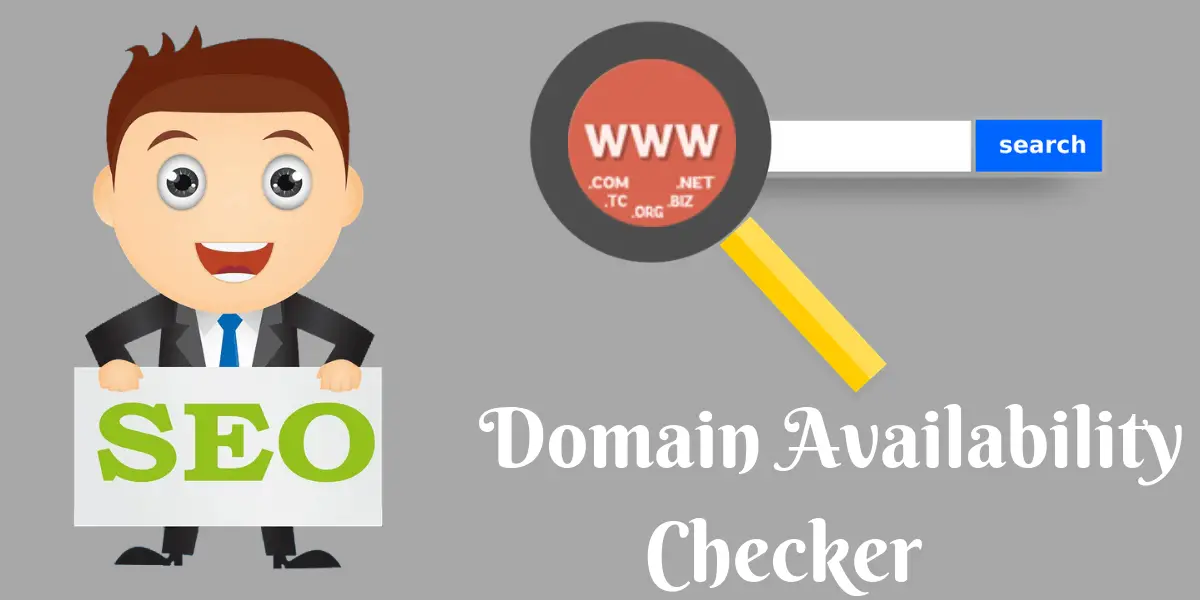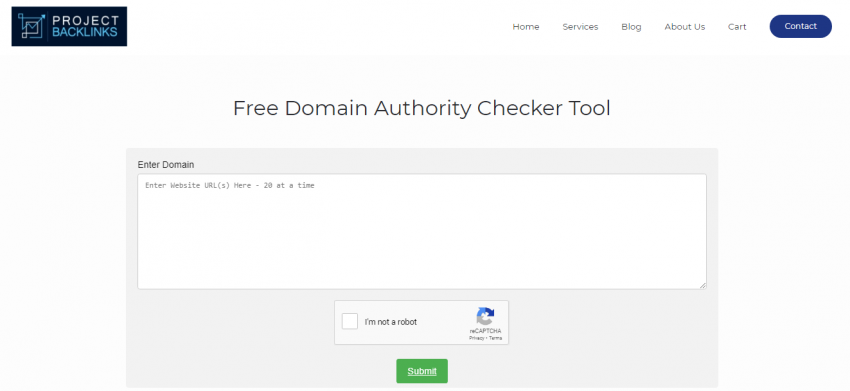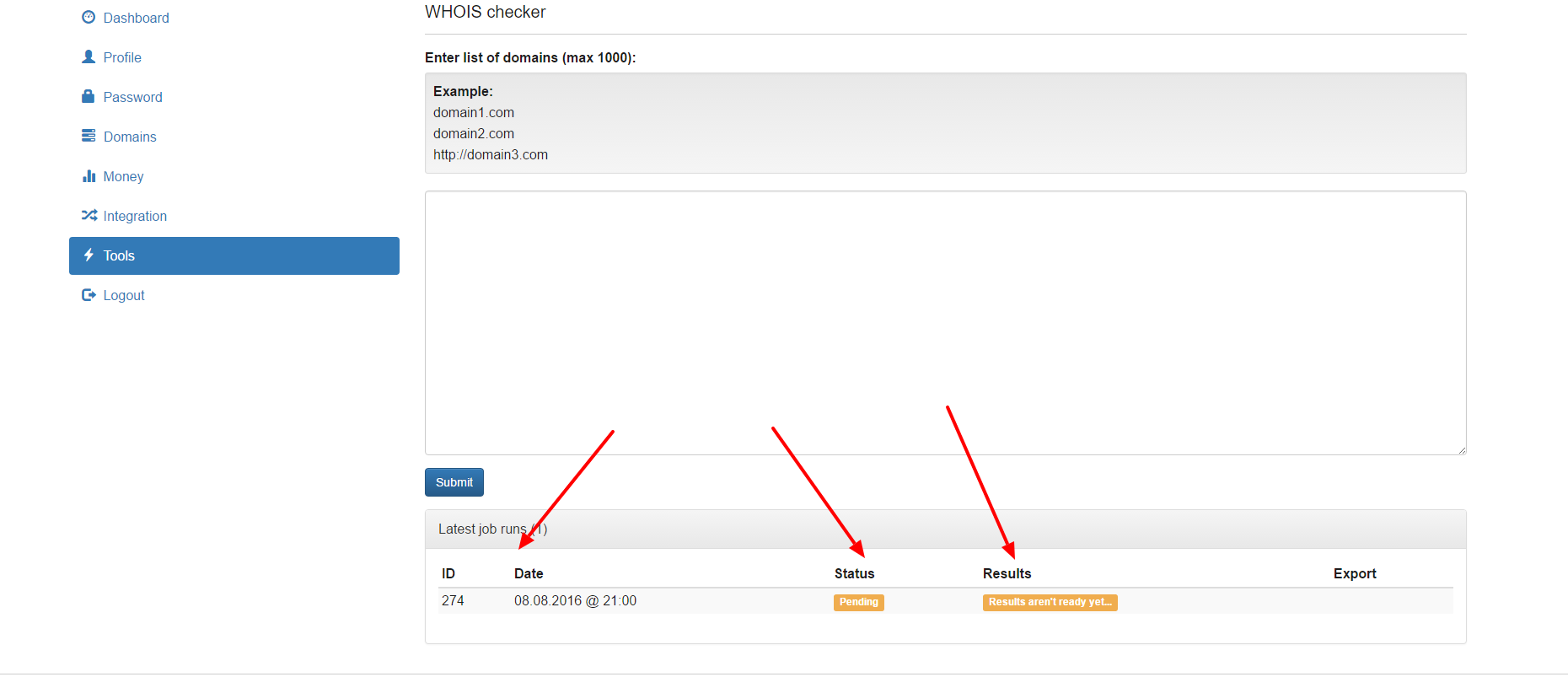
Confidentiality: Businesses may not want competitors to see which domains the company owns, or may want privacy ahead of a merger as a new company takes ownership of its domain.Keeping the data hidden can help prevent this. Fraud: Criminals can use WHOIS data for identity theft and other forms of fraud.Spam: Sharing WHOIS data could invite sales pitches and emails, as some companies use WHOIS data to look for prospective customers.Personal privacy: A home-based business may not want its address or phone number publicly disclosed.Why Do Companies Choose WHOIS Data Privacy?Ĭompanies might choose to keep WHOIS data private for several reasons, including: us domain extension that does not allow private registration. There are exceptions to domain privacy, such as the. Domain privacy fees typically run about $10 to $20 per year per domain. In most cases, you can keep your WHOIS data private by paying an extra fee when you purchase a domain either through a domain registrar or web hosting company. These companies don’t need web hosting services and can purchase domains directly from one of many domain registrars. Large businesses sometimes host websites on their own servers either onsite or in the cloud. In these cases, the web hosting company also acts as the registrar. What Is a Domain Registrar?Ī domain registrar is a company certified by ICANN and given permission to buy and sell domains to businesses and end users.ĭomain names can be purchased through domain registrars, though many businesses purchase them through a web hosting provider. You can use a WHOIS search tool, like ’s to access a Whois database. While there isn’t a central WHOIS database, ICANN regulates the collection of WHOIS information. You can access public WHOIS databases and get information about who owns and hosts a particular domain. WHOIS databases hold the records of all whos information, including DNS, domain names, and nameservers.

When you type into your browser, a nameserver tells your device which IP address to connect to. Nameservers: Nameservers work behind the scenes, translating domain names into IP addresses.While ownership details are sometimes hidden, some contact information is usually provided. Owner details: Detailed contact and location information about the owner of a domain.The IP address in the web hosting checker’s results is the IP address for the server who is hosting the website.




 0 kommentar(er)
0 kommentar(er)
